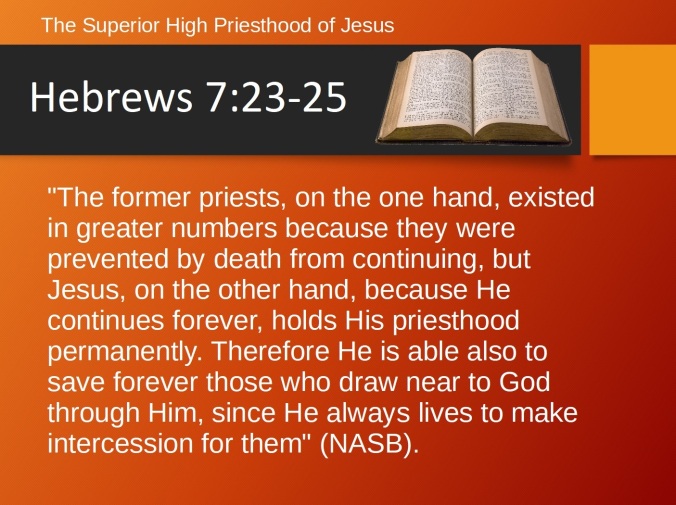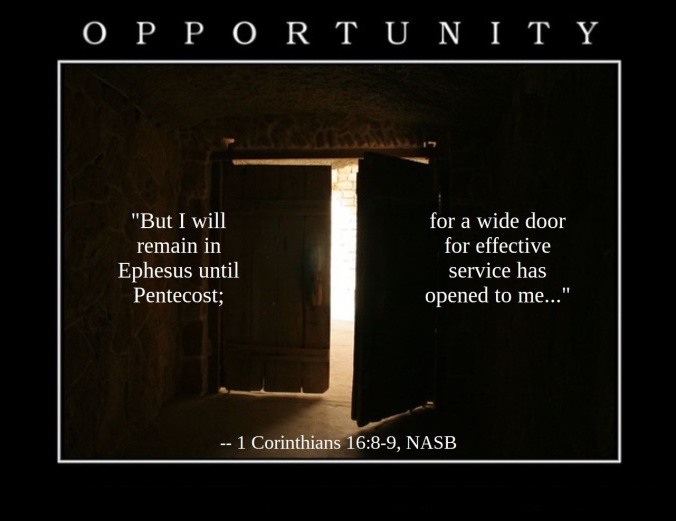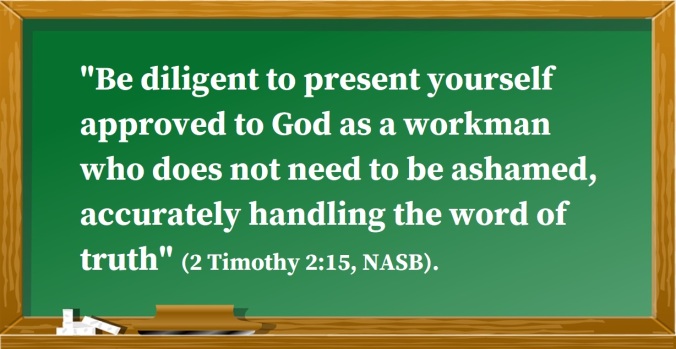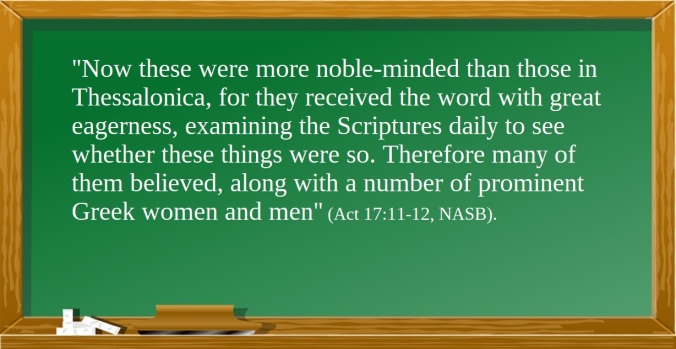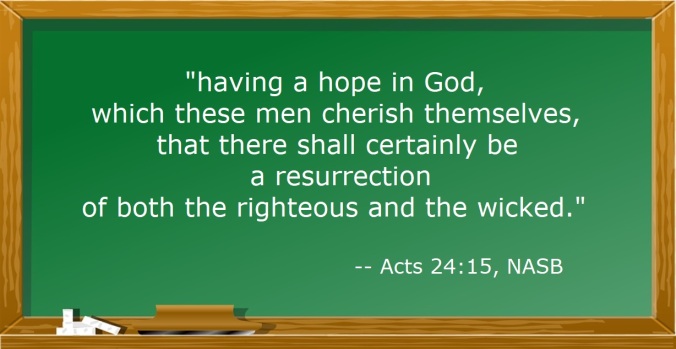“Go therefore and make disciples of all the nations…teaching them to observe all that I commanded you; and lo, I am with you always, even to the end of the age” (Matthew 28:19-20, NASB).
——————-
Contents:
1) A Study of Authority in Religion (Bob Myhan)
——————-

-1-
A Study of Authority in Religion
Bob Myhan
It is regrettable that many people do not even think about “authority” in the realm of religion. Perhaps that is why there is so much disagreement among the religious groups. Even some in the Lord’s church do not understand the difference between authority and expediency, for unscriptural practices are defended on the basis of “expediency.” However, a thing must be authorized before the question of its expediency can even be discussed (see 1 Corinthians 6:12). The word “authority” means, “the power of rule or government, the power of one whose will and commands must be obeyed by others” (Vine’s Expository Dictionary of New Testament Words, p. 91). The word “expedient” means, “to be an advantage, profitable” (Vine’s, p. 402). Nothing can be spiritually profitable, if it is not first authorized.
There are two kinds of authority: general (or generic) and special (or specific). When Jesus told the apostles, “Go ye into all the world” (Mark 16:15), He authorized every mode of travel [walking, sailing, riding in a chariot, riding on a beast, etc.] because He did not stipulate (or specify) as to method. On the other hand, when He told them, “Preach the gospel,” He stipulated what they were to preach; hence they were not free to choose something else to “preach,” although they were free as to method.
There are two possible sources of authority — divine and human [please read Matthew 21:23-27]. The chief priests and elders asked Jesus, “By what authority doest thou these things? and who gavest thee this authority?” (v. 23). Not only did they recognize the need for authority, but they also recognized that authority must come from the proper source. It was not their question, therefore, but their attitude that was wrong.
Jesus asked them if the baptism of John was “from heaven or of men?” (vv. 25, 26). They couldn’t say “from heaven” because they would look inconsistent, not having been baptized by John. But neither could they say, “of men” because they feared the people. Thus, they answered, “we cannot tell.”
Every religious practice is either “from heaven” or “of men.” Either God authorized it or men took it upon themselves to do it. If it is “from heaven” the scriptures will furnish us unto it (2 Peter 1:1-3; 2 Timothy 3:16,17). Anything that is not furnished by the scriptures is “of men” (1 Peter 4:11; 1 Corinthians 4:6).
During the present New Testament age, Jesus has all authority both in heaven and on earth (Matthew 28:18-20). Thus, He is the only one “whose will and commands must be obeyed by others.” Thus, in writing to the church at Colosse, Paul commanded, “Whatsoever ye do, in word [teaching] or deed [practice], do all in the name of the Lord Jesus” (Colossians 3:17). To do something “in the name of Jesus” means to do it “in recognition of His authority.” Hence, we must recognize the authority of the Lord Jesus in everything we teach and practice! Otherwise, He is not really our Lord. This means that authority must come from the New Testament, not from the Old Testament (Hebrews 9:15-17; 10:1-9).
One can ill afford to take it upon himself to do that which the Lord has not authorized. This is well illustrated in the account of seven Jewish men to whom had not been given the miraculous ability to cast out evil spirits (Acts 19:11-16). For this reason, they did not have the authority to demand the demons to leave the one whom they had possessed, but took it upon themselves to do so. The result was disastrous. Jesus, Paul, the other apostles and some upon whom the apostles had laid their hands, however, had such authority and were always successful.
The New Testament authorizes in three ways—direct statement [such as a command], approved example, and implication. Jesus used all three methods to establish authority for His teaching and practice. He taught what His Father commanded Him to teach (John 12:48-50), He did what He saw His Father do (John 5:17-19), and He taught what was implied in God’s word (Matthew 22:23-34). [This writer knows of no fourth method ever used by Jesus to establish authority for either His teaching or His practice, but will accept any method that either is self-evident or can be established by one of the these three.]
By their very nature, commands [and other direct statements] MUST BE authoritative (Matthew 8:5-13)! Since Jesus has all authority (Matthew 28:18), His commands MUST BE authoritative. Since those who receive/reject His apostles receive/reject Him (Matthew 10:40), the apostles’ commands MUST ALSO BE authoritative. Since the New Testament prophets had “the mystery of Christ” revealed unto them (Ephesians 3:1-5), their commands MUST BE authoritative, as well. The commands of Moses and the Old Testament prophets are no longer authoritative (Matthew 17:1-8; Mark 9:1-8; Luke 9:28-36; Hebrews 1:1-3).
We are commanded by the apostles to recognize approved examples as authoritative (1 Corinthians 4:16; 11:1; Philippians 3:17; 4:9). Of course, Jesus is the ultimate example (1 Peter 2:21), and He left us an example of using implication to establish authority (Matthew 22:23-34).
{By way of clarification, a writer or a speaker implies and a listener or reader infers. Hence, implication is sometimes called “necessary inference” (which means “inescapable [logically unavoidable] conclusion”). But a thing cannot be necessarily inferred unless it is implied. For example, we are specifically told that Nicodemus “came to Jesus by night” (John 3:2), but the reason he “came to Jesus by night” is neither directly stated nor implied. Hence, one reason or another might be inferred, but no reason can be “necessarily inferred,” for he may have had any number of reasons for doing so “by night.”]
When questioned by the Sadducees [who believed in neither spirits nor angels—Acts 23:8] about the resurrection, Jesus quoted from the Pentateuch [the only part of the Old Testament they accepted] to defend His teaching. His defense ran thus: Abraham, Isaac and Jacob had been dead for hundreds of years, when God first appeared to Moses, but God identified Himself to Moses saying, “I am the God of Abraham, and the God of Isaac, and the God of Jacob.” In saying this, God implied [and we can necessarily infer] that Abraham, Isaac and Jacob were alive (in some sense) at the time of Moses. To deny this is to implicitly affirm that God is “the God of the dead.” This proved that there is a part of man that survives physical death and can be resurrected. If this is not true, why did Jesus bring it up? This was such a forceful argument, that it “put the Sadducees to silence” (v. 34).
If the example of the Lord Jesus is not enough, the apostles also used implication to establish the fact that Gentiles do not have to submit to physical circumcision to be saved (Acts 15:1-31). Peter necessarily inferred [from his experience with the household of Cornelius, recorded in Acts 10 & 11] that binding circumcision on the Gentiles would be tempting God and putting a yoke on the neck of those disciples (vv. 7-11). Barnabas and Paul necessarily inferred [from their first missionary journey] that Gentile converts do not need physical circumcision. They never demanded it, yet God endorsed their preaching with “miracles and wonders” (v. 12). James stated that Peter’s inference was in agreement with the prophets. He then quoted from Amos 9:11,12, and concluded that to bind circumcision would be to “trouble…them, which from among the Gentiles are turned to God” (vv. 13-18). “The apostles and elders, with the whole church” implied in their letter that physical circumcision was not essential to salvation, by stating that those who were binding circumcision were “subverting…souls” in so doing (vv. 22-24). Finally, the disciples at Antioch used necessary inference when they read the letter and “rejoice for the consolation” (vv. 30,31).
We have shown three methods of establishing religious authority. (1) It is self-evident that commands and other direct statements [of one who is in authority] are authoritative, (2) we are commanded to follow the approved examples of the apostles and others and (3) we have approved examples of Jesus and the apostles using implication, or necessary inference. Is there a command, approved example, or necessary inference that shows a fourth method may be used? If so, what is that fourth method? We have also shown that Jesus used these same three methods. Did either He or His apostles use a fourth method? If so, what was it?
— Via articles of the Forest Hills church of Christ, Macon, Georgia
——————-
The Steps That Lead to Eternal Salvation
1) Hear the gospel, for that is how faith comes (Rom. 10:17; John 20:30-31).
2) Believe in the deity of Christ (John 8:24; John 3:18).
3) Repent of sins (Luke 13:5; Acts 17:30).
4) Confess faith in Christ (Rom. 10:9-10; Acts 8:36-38).
5) Be baptized in water for the remission of sins (Mark 16:16; Acts 2:38; 22:16; Rom. 6:3-4; Gal. 3:26-27; 1 Pet. 3:21).
6) Continue in the faith, living for the Lord; for, if not, salvation can be lost (Heb. 10:36-39; Rev. 2:10; 2 Pet. 2:20-22).
——————–
Tebeau Street
CHURCH OF CHRIST
1402 Tebeau Street, Waycross, GA 31501
Sunday services:9:00 a.m. (Bible class); 10 a.m. & 5 p.m. (worship)
Wednesday: 7 p.m. (Bible class)
evangelist/editor: Tom Edwards (912) 281-9917
Tom@ThomasTEdwards.com
http://thomastedwards.com/go (Older version of Gospel Observer website without pictures, but back to March 1990)
http://tebeaustreetchurchofchrist.org/
http://ThomasTEdwards.com/audioser.html (audio sermons)





